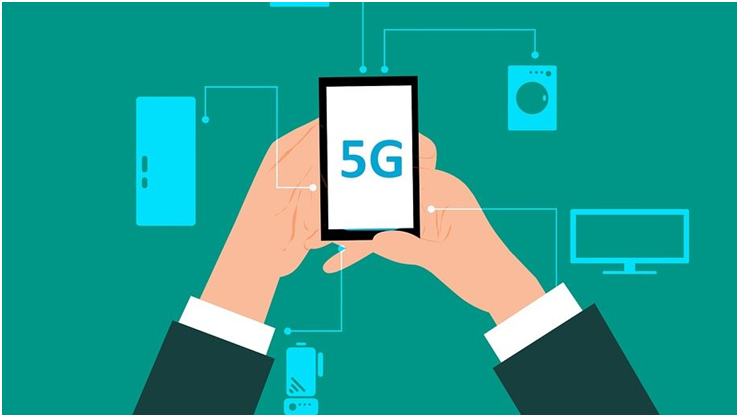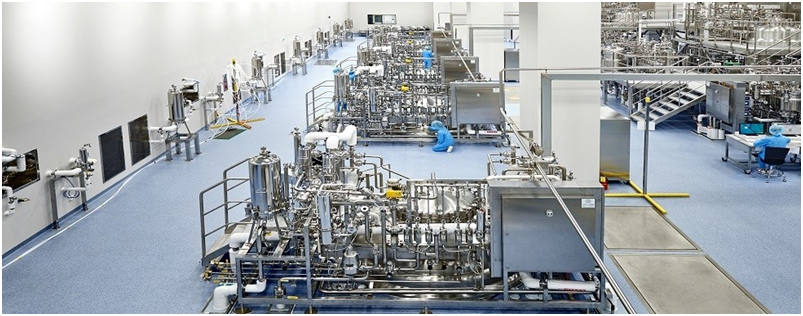
Charles R. Goulding and Preeti Sulibhavi consider three major happenings at Samsung and how they might relate to 3D printing activities at the company.
Labor Day weekend was big news event for Samsung. Recently we covered Samsung’s outsized but secretive business reach in our critique of the newly released book Samsung Rising. A summary of the three Labor Day weekend events is as follows.
Verizon’s $6.6 Billion 5G Contract
Verizon announced that Samsung has been awarded a $6.6 billion 5G equipment contract. This contract catapults Samsung into being a major 5G equipment supplier taking advantage of the US ban on Huawei products. It also demonstrates that Nokia and Ericsson are still not positioned to lead this burgeoning market. We covered the 3D 5G printing opportunities in some of our recent Fabbaloo articles.
Samsung’s Huge Biologics Facility

The New York Times covered the construction of this immense facility by comparing the building size to other well-known very large buildings. Although Samsung has three existing biologics facilities, this $2 billion, 2.56-million-square-foot “Super Plant” demonstrates Samsung’s expanded commitment to a major additional business segment. Because of this level of biologic resources, Samsung’s biologics segment is securing production contracts with major global pharmaceuticals.
Jay Y Lee Arrested
On September 1, 2020, Jay Y Lee, the Vice Chairman and heir to the controlling Samsung family tech empire, was arrested with 11 other Samsung executives on perjury and stock manipulation charges related to a previous Samsung merger transaction in their electronics segment. To the average Korean this is the big story since Samsung comprises 15 percent of the overall Korean economy and has an oversized impact on Korean life. The investment community will never get comfortable with Samsung until it achieves appropriate governance and follows the rules of law.
Research and Development Tax Credits are available for the eligible US-based, 3D printing activities that Samsung engages in.
The Research and Development Tax Credit
Whether it’s used for creating and testing prototypes or for final production, 3D printing is a great indicator that R&D Credit eligible activities are taking place. Companies implementing this technology at any point should consider taking advantage of R&D Tax Credits.
Enacted in 1981, the now permanent Federal Research and Development (R&D) Tax Credit allows a credit that typically ranges from 4%-7% of eligible spending for new and improved products and processes. Qualified research must meet the following four criteria:
- Must be technological in nature
- Must be a component of the taxpayer’s business
- Must represent R&D in the experimental sense and generally includes all such costs related to the development or improvement of a product or process
- Must eliminate uncertainty through a process of experimentation that considers one or more alternatives
Eligible costs include US employee wages, cost of supplies consumed in the R&D process, cost of pre-production testing, US contract research expenses, and certain costs associated with developing a patent.
On December 18, 2015, President Obama signed the PATH Act, making the R&D Tax Credit permanent. Beginning in 2016, the R&D credit has been used to offset Alternative Minimum Tax (AMT) for companies with revenue below $50MM and, startup businesses can obtain up to $250,000 per year in payroll tax cash rebates.
Conclusion
All three of these events may result in more transparency related to Samsung. South Korea has a strong foundation with 3D printing but we still know very little regarding 3D printing technology applications at Samsung.
